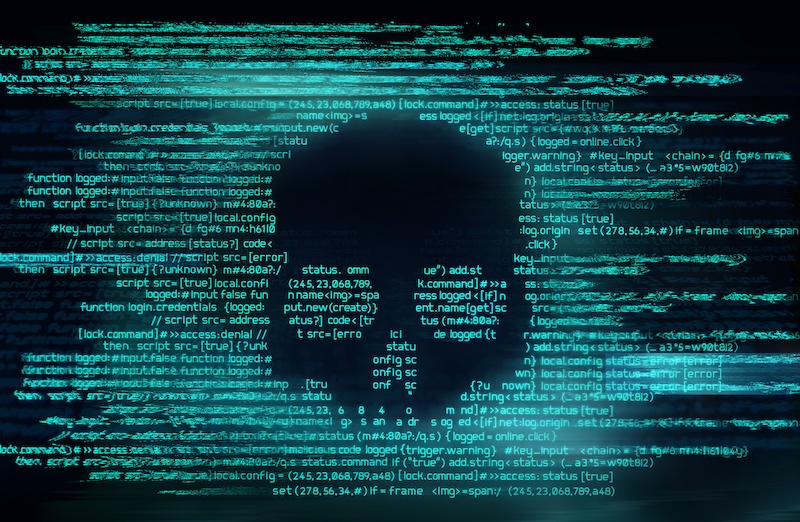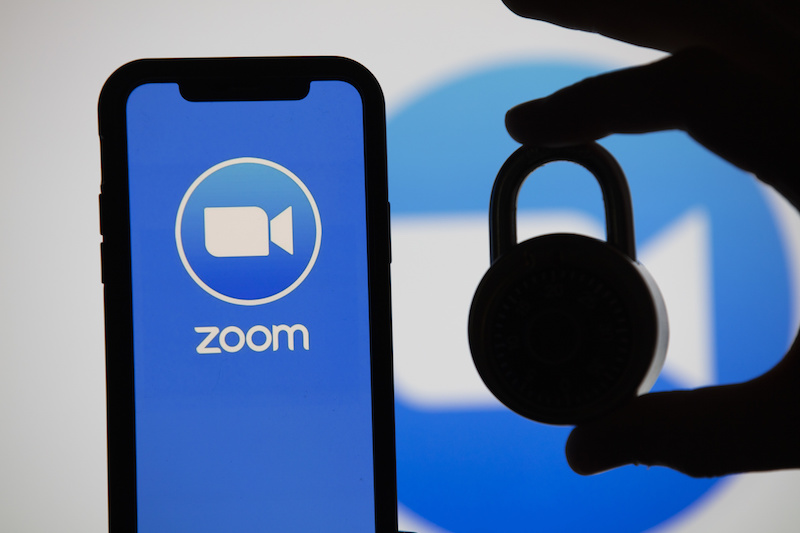Security News

Zoom announced on Wednesday that it has decided to offer end-to-end encryption to free users after all, as long as they verify their account by providing an additional piece of information, such as a phone number. Zoom said earlier this month that only paying customers and schools would benefit from its upcoming end-to-end encryption feature, arguing that free users are more likely to commit abuse and the company wants to be able to assist law enforcement investigations.

Zoom today said it will make end-to-end encryption available to all of its users, regardless of whether they pay for it or not. We note that Google Meet and other rival services do not offer E2EE. "Today, Zoom released an updated E2EE design on GitHub," Zoom CEO Eric Yuan said.

An Italian company that sells what it describes as a legitimate encryption utility is being used as malware packer for the cloud-delivered malicious GuLoader dropper, claim researchers. According to researchers at Check Point, the company identified as CloudEyE is looking to take a piece of the traditional packer and crypter market - a thriving arena that caters to malware authors looking for obfuscation for their wares.

5G adoption, security and worldwide market trendsWith 5G adoption ramping up all over the world, we sat down with Chris Pearson, President of 5G Americas, to learn more about the current 5G landscape. Zoom to offer end-to-end encryption only to paying customersAs Zoom continues on its path to bring end-to-end encryption to users, the big news is that only paid users will have access to the option.

Reports emerged earlier this week that the Minneapolis police department had been breached by hacktivist group Anonymous. Security expert Troy Hunt debunked the reports, however.

Security experts are up in arms after learning that video conferencing app Zoom will only offer end-to-end encryption to paid users. On Zoom's Wednesday first-quarter financial earnings call, Zoom CEO Eric Yuang said that the upcoming end-to-end encryption feature would not apply for free users.

As Zoom continues on its path to bring end-to-end encryption to users, the big news is that only paid users will have access to the option. "Free users for sure we don't want to give that because we also want to work together with FBI, with local law enforcement in case some people use Zoom for a bad purpose," Zoom CEO Eric Yuan said on a company earnings call on Tuesday.

Zoom's chief executive revealed on Tuesday that free users will not be offered end-to-end encryption as the company wants to assist the FBI and local law enforcement in their investigations. Zoom has promised to take action and it has already started implementing measures that would help it address security and privacy concerns.

Schools, paying customers and potentially high-risk users could be offered stronger encryption for video meetings under new plans being explored by Zoom. Zoom is reported to be planning to strengthen its encryption for paying customers and other institutions such as schools.

Make room, WhatsApp, iMessage, Signal, Telegram and all you other end-to-end encrypted messaging services - Google's getting closer to elbowing its way onto the stage with its Google Messages. The RCS protocol - popularly known as Chat - is the successor to SMS messaging and does what most other texting services do, but without the end-to-end encryption of apps like Signal, et al.